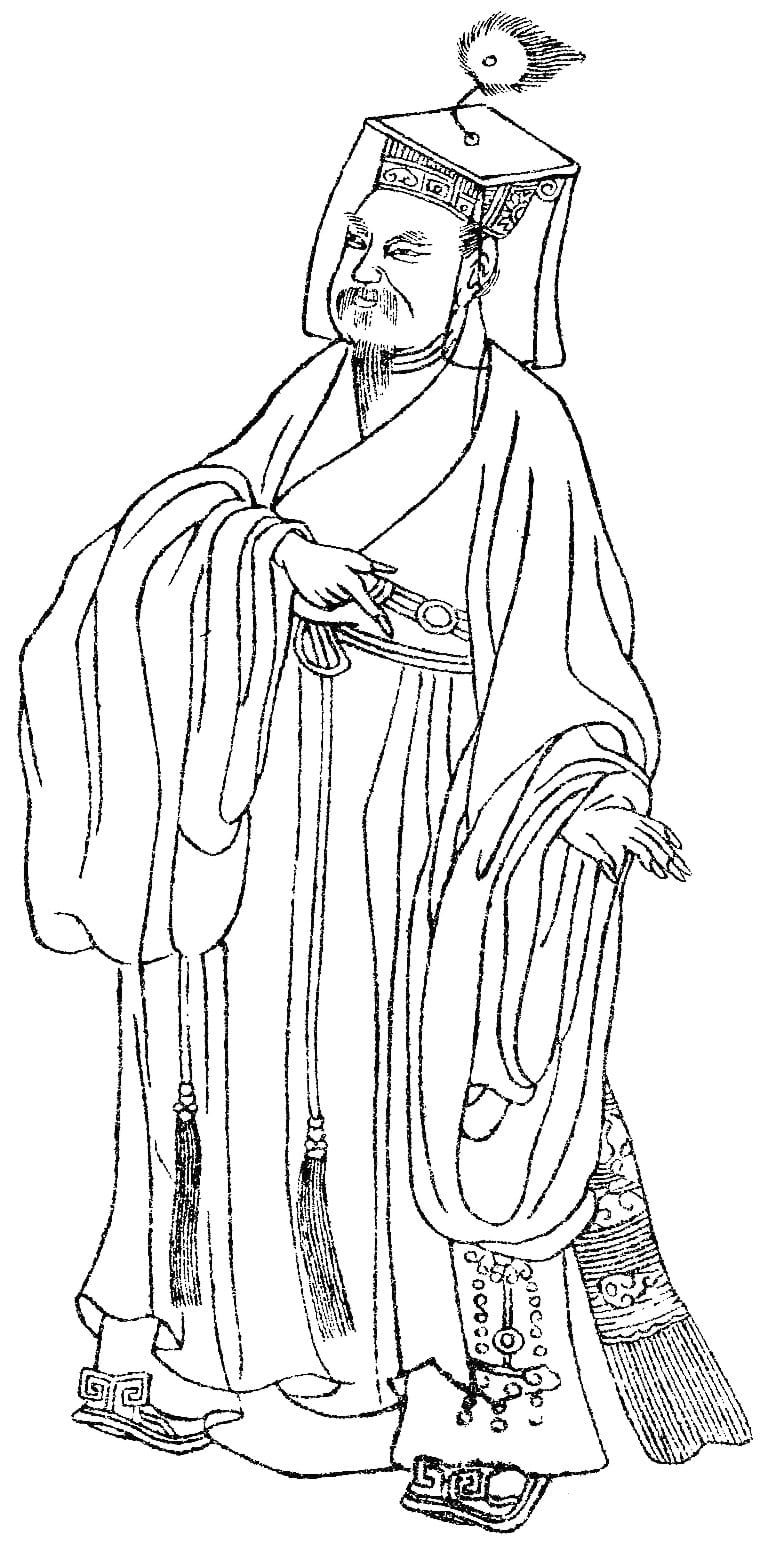NUS Libraries is notable for its 170,000 volume-strong classical Chinese collection in traditional thread-bound format. Of all the ancient Chinese books we possess, 朱文公校昌黎先生文集 (The Collected Writings of Han Yu) is the oldest and it was published during the Yuan dynasty (1279 – 1368). 朱文公校昌黎先生文集 has many editions, most of which were published in the Ming dynasty (1368 – 1644) and thereafter. The edition we carry is especially invaluable – holding precious records of Chinese cultural ethics as far back as the 13th century, as well as annotations from Zhu Xi (朱熹), yet another influential figure in Chinese history.
|
Han Yu (韩愈, 768–824) was a Chinese historian, poet, and government official of the Tang dynasty who significantly influenced the development of Neo-Confucianism. He is considered by many to be among China’s finest prose writers. Ming dynasty scholar Mao Kun (茅坤) ranked him first among the “Eight Great Prose Masters of the Tang and Song”. Han Yu ranks among the most important personalities in the history of traditional Chinese culture. His works not only become classics in Chinese literature, but his writings redefined and changed the course of the tradition itself. He was a stylistic innovator in the many genres he wrote in, and was a major influence on the literary and intellectual life of his time as well as later dynasties. From 807 to 819 he held a series of government posts first in Luoyang and then in Chang’an. This came to an end when he wrote his famous Memorial on Bone-relics of the Buddha (諫迎佛骨表) to Emperor Xianzong. The memorial was a strongly worded protest against Buddhist influence in the country. The Emperor, offended by Han Yu’s criticism, ordered his execution. However, he was saved by his friends at the court, and was demoted and exiled to Chaozhou. After Han Yu offered a formal apology to the Emperor Xianzong a few months later, he was re-appointed to a province nearer to the capital. Emperor Muzong restored him to the court after the death of Emperor Xianzong and appointed him to the War Office. He was then appointed to a high-ranking position after he successfully completed a mission to persuade a rebellious military commander to return to the fold. |
 Image source: https://en.wikipedia.org/wiki/Han_Yu#/media/File:Han_Yu.jpg |
Zhu Xi (朱熹, 1130-1200) was a Song Dynasty (960-1279) Confucian scholar who became the leading figure of the School of Principle and the most influential rationalist Neo-Confucian in China. His contribution to Chinese philosophy included his assigning special significance to the Four Books (四書) [the Analects of Confucius (論語), the Mencius (孟子), the Great Learning (大學), and the Doctrine of the Mean (中庸)], his emphasis on the investigation of things (格物), and the synthesis of all fundamental Confucian concepts.


